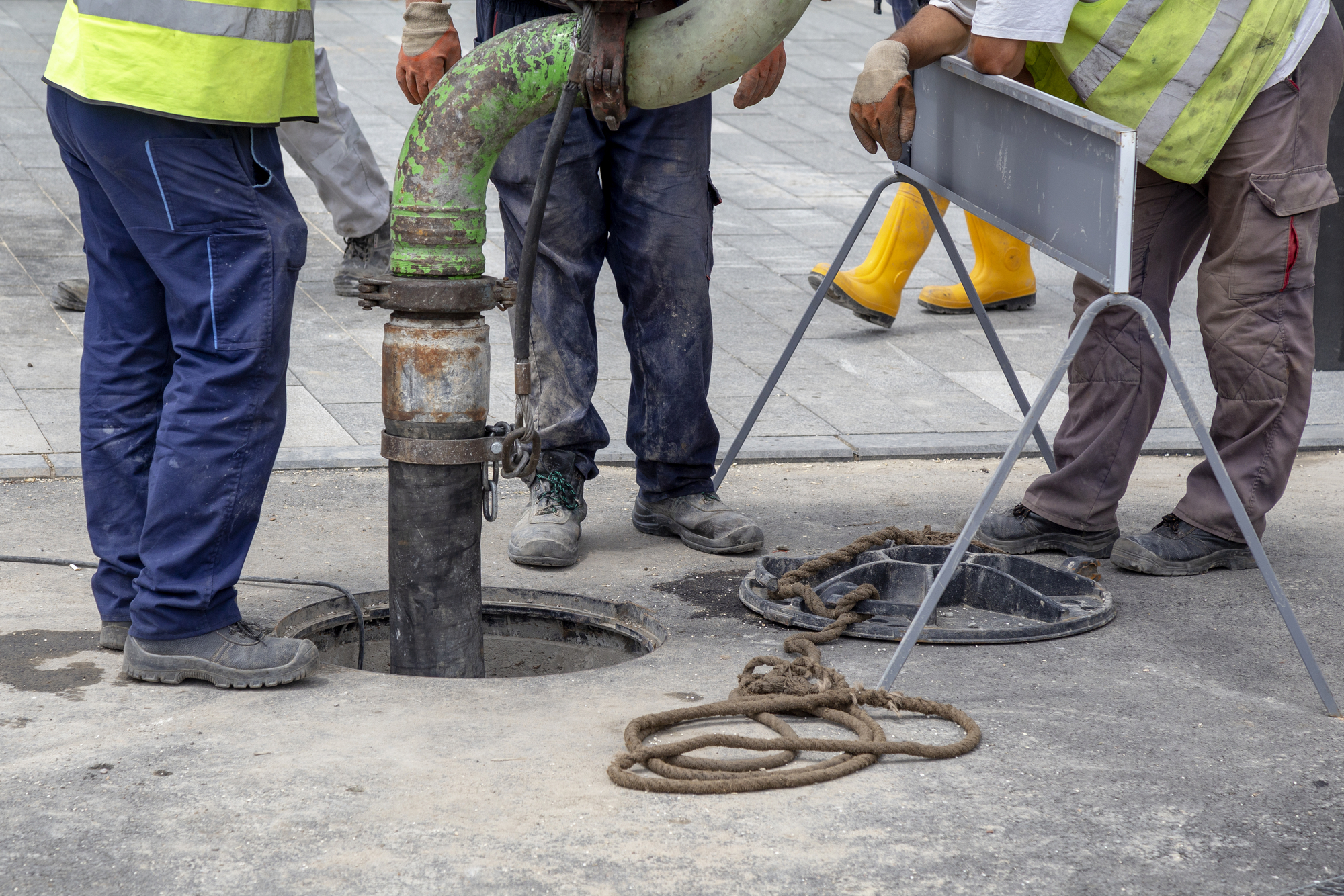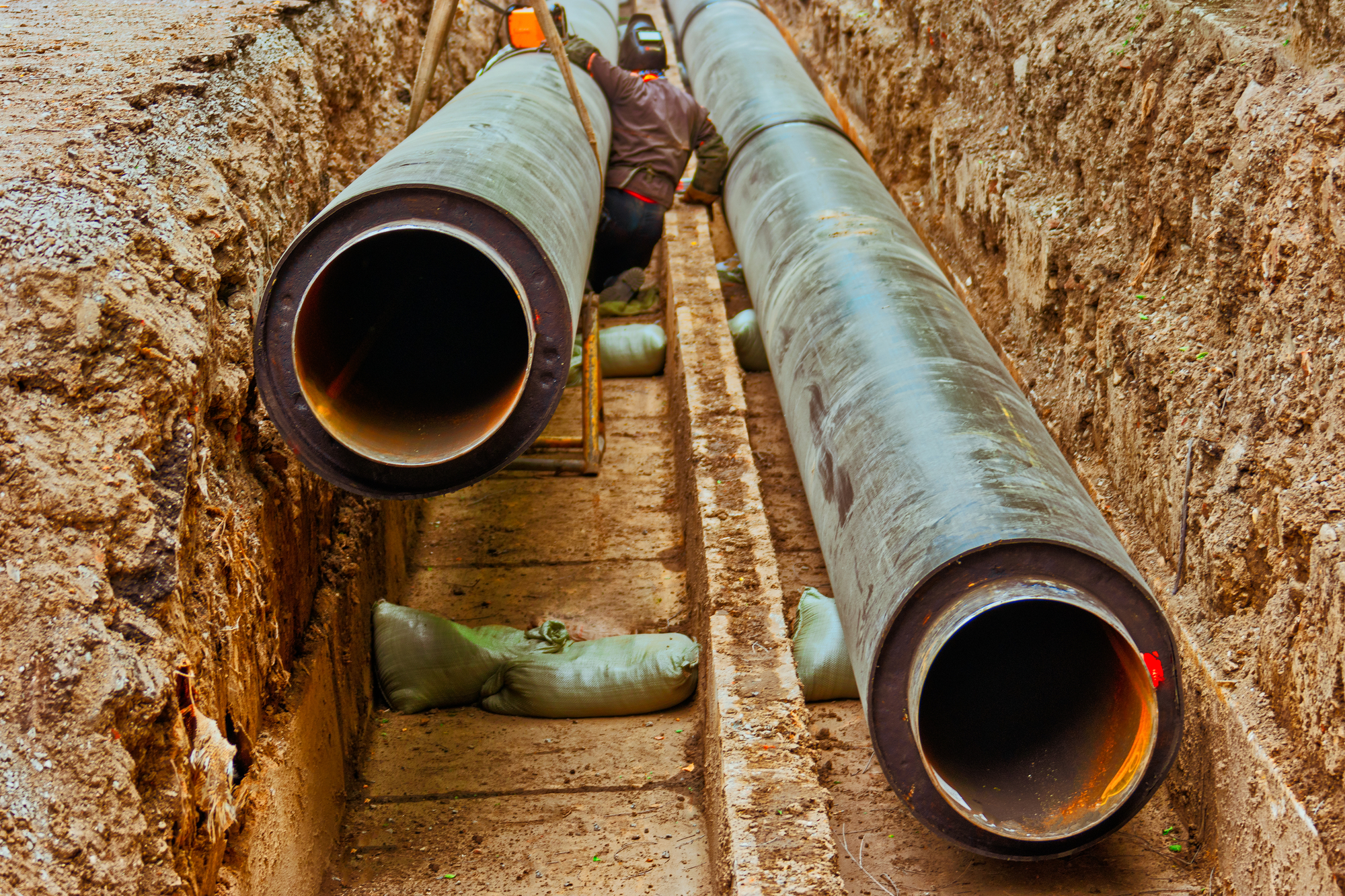Have you ever cooked a delicious batch of bacon and wondered what to do with the leftover grease? It’s tempting to just pour it down the sink, but is that a good idea? In this blog, we’re diving into the common question: does bacon grease clog drains? Understanding the impact of bacon grease on your plumbing is essential for keeping your kitchen running smoothly. Let’s explore why this seemingly harmless act might cause big problems and discover better ways to deal with bacon grease. Get ready to change the way you handle kitchen waste!
What happens to bacon grease in drains?
When you pour bacon grease down your drain, it might seem harmless at first, but it can cause some serious problems in your plumbing. Here’s what happens:
1. Cooling and solidifying:
Bacon grease is liquid and flows easily when it’s hot, but as it cools down, it starts to solidify. This process begins as soon as the grease hits the cooler pipes. Over time, it transforms from a liquid into a semi-solid or solid state.

2. Sticking to pipe walls:
As the grease cools and solidifies, it begins to stick to the walls of your pipes. Unlike water, which washes away, this grease forms a coating on the inside of your plumbing. This is similar to how fat solidifies and sticks to the sides of a cooking pan as it cools.
3. Building up over time:
Each time you pour more grease down the drain, it adds another layer to the existing grease. Over time, these layers can build up significantly, narrowing the passageway through which water can flow. This is akin to arteries getting clogged with cholesterol, reducing blood flow.
4. Attracting other debris:
The sticky nature of solidified bacon grease means it can easily catch and hold onto other things that go down your drain, like food particles, hair, and soap scum. This accumulation of debris further narrows the pipes and can lead to serious clogs.

5. Resulting in clogs and blocks:
Eventually, this buildup can lead to partial or complete blockages in your plumbing. Water drainage becomes slow, and in severe cases, the water may not drain at all. These blockages can be tough to clear and might require professional plumbing services.
Disposing of bacon grease properly, such as letting it cool and solidify before throwing it away, is essential to prevent these issues and maintain the health of your plumbing system.
The big problem with clogged drains
Clogged drains are a big problem in any home, and they can cause more than just slow water flow. When your drain gets clogged, especially from things like solidified bacon grease, it can lead to a series of issues.
First, water drains out more slowly. This can be frustrating and can disrupt your daily kitchen tasks. In worse cases, the water might not drain at all, leading to standing water in your sink, which is unhygienic and can attract pests.
Additionally, clogs can cause unpleasant odors, as the trapped material can start to decompose. Over time, these clogs can even lead to pipe damage due to increased pressure, potentially resulting in costly repairs.
Therefore, preventing clogs by properly disposing of substances like bacon grease is essential for maintaining a healthy and functional plumbing system in your home.
Does bacon grease clog drains?
Yes, bacon grease does clog drains. When hot, bacon grease is a liquid, but it solidifies as it cools, sticking to the insides of pipes.
Over time, this solidified grease builds up, attracting other debris like food particles and soap scum, leading to significant blockages.
These clogs can slow down or completely stop water flow, cause bad odors, and may require professional cleaning. It’s important to dispose of bacon grease properly, not down the sink, to avoid these issues.
Better ways to handle bacon grease
Handling bacon grease properly is crucial to avoid plumbing problems. Here are some better ways to deal with it:
- Let It cool and solidify: Wait for the bacon grease to cool down in the pan. Once it solidifies, you can easily scrape it into your trash can.
- Store for future use: Bacon grease can be a flavorful addition to many recipes. Pour the liquid grease into a container and store it in your refrigerator. You can use it later for frying or flavoring dishes like vegetables, and eggs, or even for making cornbread.
- Dispose of in the trash: If you don’t want to reuse the grease, after letting it solidify, put it in a sealable container like an old coffee can or a milk carton, and then dispose of it in the trash.
- Recycle: Some communities offer recycling programs for cooking oils and grease, which can be processed into biodiesel. Check if such a program exists in your area.
- Create a grease jar: Keep a jar specifically for collecting bacon grease under your sink. Once it’s full, you can either use the collected grease for cooking or dispose of it properly.
Remember, never pour bacon grease down the drain as it can lead to clogged pipes and expensive plumbing repairs.
What if you’ve already poured grease down the drain?
If you’ve already poured grease down the drain, there are steps you can take to mitigate the potential clogging:
- Flush with hot water: Immediately run plenty of hot water down the drain. The heat can help keep the grease in liquid form, allowing it to flow more easily through the pipes.
- Use dish soap: Add a generous amount of dish soap to the drain while the hot water is running. Dish soap is designed to break down grease and can help dissolve the grease that’s coating the pipes.
- Use a plunger: If you notice that the drain is starting to slow down, use a plunger. This can help dislodge any grease buildup that’s starting to form a clog.
- Baking soda and vinegar: Pour a cup of baking soda down the drain, followed by a cup of vinegar. This mixture will fizz and can help break down the grease. After letting it sit for a few minutes, flush the drain with boiling water.
- Enzymatic drain cleaners: Consider using an enzymatic drain cleaner. These cleaners use natural enzymes to break down organic materials like grease. They are less harsh on your pipes compared to chemical drain cleaners.
- Professional help: If you suspect a significant blockage, it might be wise to call a professional plumber. They can properly assess and resolve the issue without risking damage to your plumbing system.
Remember, these methods can help in minor cases, but the best practice is to avoid pouring grease down the drain in the first place.
Conclusion
In conclusion, the answer is unequivocally yes, bacon grease does clog drains. Initially, it appears harmless as a liquid when hot, but as it cools, it solidifies and adheres to pipe walls, gradually building up over time. This accumulation not only obstructs water flow but also attracts additional debris, exacerbating the problem. Clogged drains result in slow drainage, foul odors, and potential pipe damage. To prevent these issues, it’s imperative to adopt responsible grease disposal practices. Letting bacon grease cool and solidify before disposal or repurposing it for culinary delights are far wiser choices. Remember, the key question remains: does bacon grease clog drains?—and the answer is a resounding yes.






